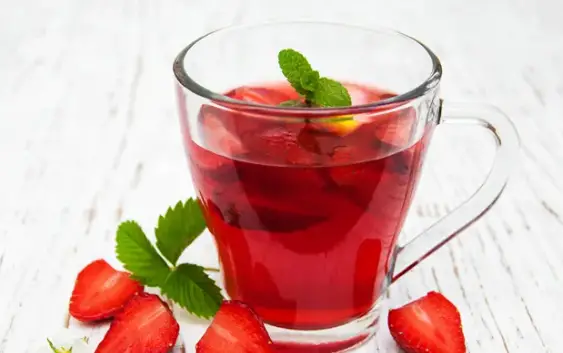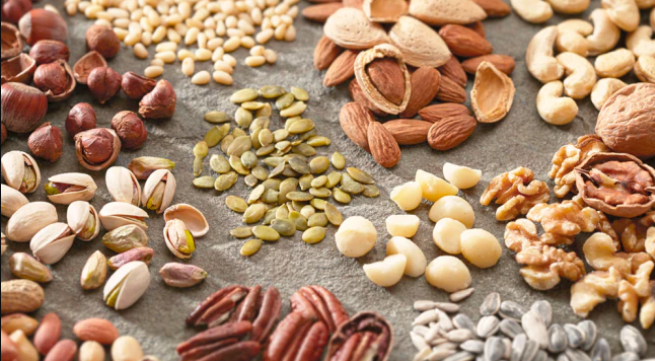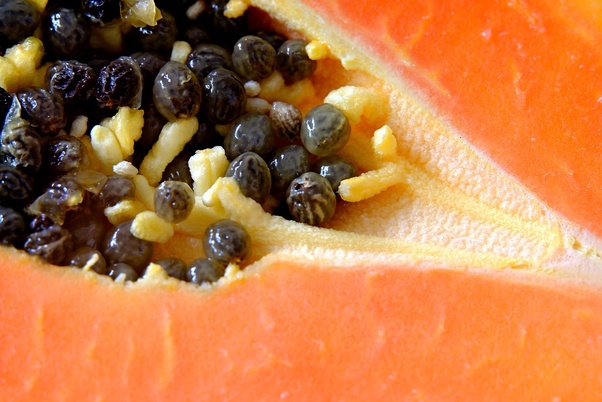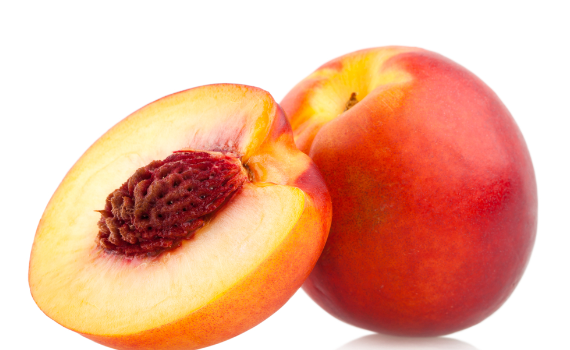Gastritis makes your stomach lining sore and can cause a lot of discomforts. Lots of people want to use natural ways to feel better. Coconut water is one natural option they might think about. We’re going to look at whether drinking coconut water is helpful for gastritis and talk about the good things it might do for you.
Table of Contents
- What You Should Know About Gastritis
- The Importance of Diet in Gastritis
- What Exactly is Coconut Water?
- What’s in Coconut Water?
- Can Coconut Water Help with Gastritis?
- Why Coconut Water Might Be Good for Gastritis
- Hydration Is Key
- Electrolytes and Your Stomach
- Fighting Inflammation with Antioxidants
- Calming Your Stomach
- Using Coconut Water Alongside Gastritis Treatment
- Things to Think About Before Sipping
- Wrapping Up
- Can coconut water cure gastritis?
- How much coconut water should I drink for gastritis?
- Are there any side effects of drinking coconut water for gastritis?
- Can I drink coconut water on an empty stomach with gastritis?
- Can I drink flavored coconut water for gastritis?
What You Should Know About Gastritis
Gastritis is when your stomach lining gets inflamed. It can happen for different reasons like infections, taking pain meds for a long time, drinking too much, or feeling stressed.
When you have gastritis, you might feel stomach pain, bloated, sick to your stomach, or have trouble digesting food. While you’ll often need a doctor’s help, choosing the right foods and drinks can help manage your symptoms, too.
The Importance of Diet in Gastritis
What you eat and drink is super important when you have gastritis. You should try to stay away from things that can upset your stomach like spicy foods, foods that are very acidic, caffeine, and alcohol.
Instead, eating lots of fruits and veggies, lean meats, and whole grains can help you feel better and take care of your stomach.
What Exactly is Coconut Water?
Coconut water is the clear, sweet liquid that you find inside young green coconuts. It’s a nice drink that is full of things your body loves like electrolytes, vitamins, and minerals.
People really like coconut water because they think it has lots of health benefits. They drink it to stay hydrated, replace electrolytes after sweating, and because they think it helps fight off damage to the body’s cells.
What’s in Coconut Water?
Coconut water is great because it’s not just water – it’s full of important stuff like potassium, sodium, magnesium, and calcium. These help keep your body fluids in balance and make sure your muscles and nerves work right. Plus, coconut water gives you vitamins like vitamin C and the B vitamins, and it has special nutrients called antioxidants.
Can Coconut Water Help with Gastritis?
Coconut water might be good for folks with gastritis because it’s really hydrating, helps with keeping a good electrolyte balance, and might be calming for your stomach. It could help with things like pain and feeling bloated.
Why Coconut Water Might Be Good for Gastritis
Hydration Is Key
Staying hydrated is super important when you have gastritis because it helps keep your stomach lining healthy and supports digestion. Drinking coconut water is one way to hydrate and also get your electrolytes back in balance, which might help with gastritis.
Electrolytes and Your Stomach
Your body needs the right levels of electrolytes for your stomach to feel good. Coconut water has a lot of potassium, which might help your body find that balance and improve how your stomach works.
Fighting Inflammation with Antioxidants
Gastritis means inflammation, and antioxidants can fight the damage that leads to inflammation. Coconut water has antioxidants like cytokinins and vitamin C which may help keep your stomach from getting more inflamed.
Calming Your Stomach
Many people find coconut water comforting because it’s gentle and has natural ingredients. This might help soothe your upset stomach and make you feel less uncomfortable.
It’s worth noting though, that people are different, and what helps one person might not help another. Always talk to a healthcare expert if you’re not sure what to do.
Using Coconut Water Alongside Gastritis Treatment
Even if coconut water helps, it’s not a cure for gastritis. Don’t stop your usual treatment or diet changes that your doctor suggested, but using coconut water as part of a healthy lifestyle may support your stomach health and ease your symptoms.
Things to Think About Before Sipping
Most of the time, coconut water is safe to drink, but some people need to be careful. If you have kidney problems or your doctor said to eat less potassium, make sure you talk to your doctor first. Also, it’s best to choose coconut water that’s natural and doesn’t have any added sugars or other stuff in it.
Wrapping Up
Coconut water is tasty and might be a good choice if you have gastritis. It keeps you hydrated, balances your electrolytes, offers antioxidants, and can be gentle on your stomach. But always remember, it’s just one part of taking care of your health, and you shouldn’t ignore what the doctors tell you.
Can coconut water cure gastritis?
No, coconut water can’t cure gastritis. But it can make the symptoms less bad and help your stomach feel better if you eat a good diet and use other ways to take care of your health.
How much coconut water should I drink for gastritis?
There’s no set rule for how much coconut water you should drink if you have gastritis. Pay attention to what your body is telling you and drink an amount that suits you.
Are there any side effects of drinking coconut water for gastritis?
Overall, coconut water is pretty safe to drink. But if you have certain health problems or need to follow a special diet, it’s smart to ask a health expert before you start drinking a lot of it.
Can I drink coconut water on an empty stomach with gastritis?
Yes, it’s usually okay to drink coconut where when your stomach is empty, even if you have gastritis. But everyone’s different, so see how your body reacts and go from there.
Can I drink flavored coconut water for gastritis?
For helping with gastritis, it’s better to drink coconut water that doesn’t have any sweeteners or flavors added. The extra stuff in flavored coconut water might bother your stomach lining.









